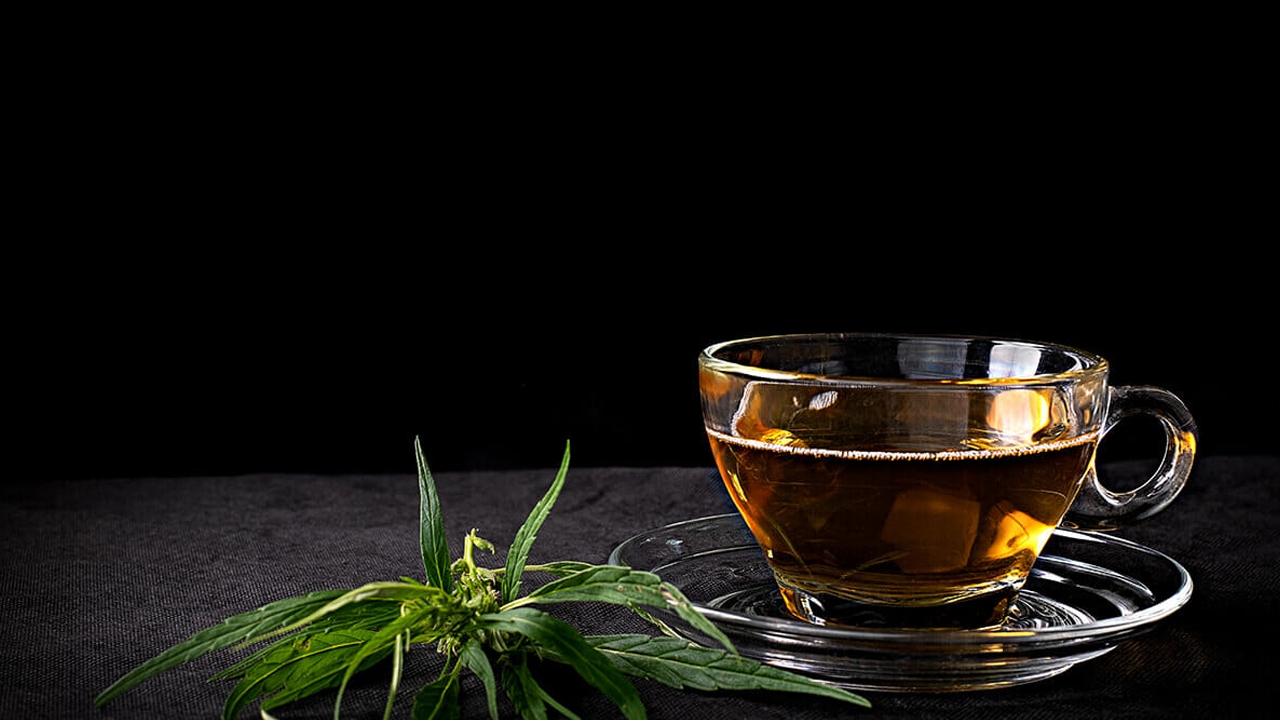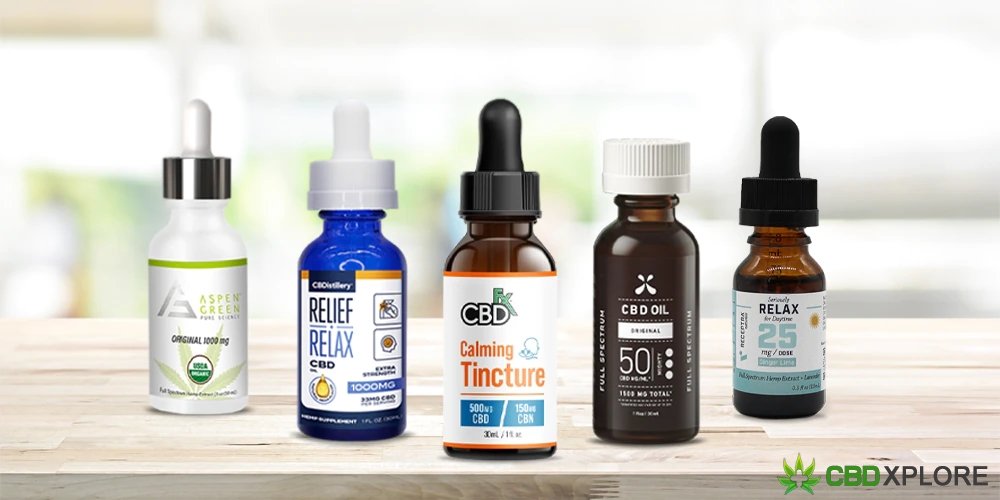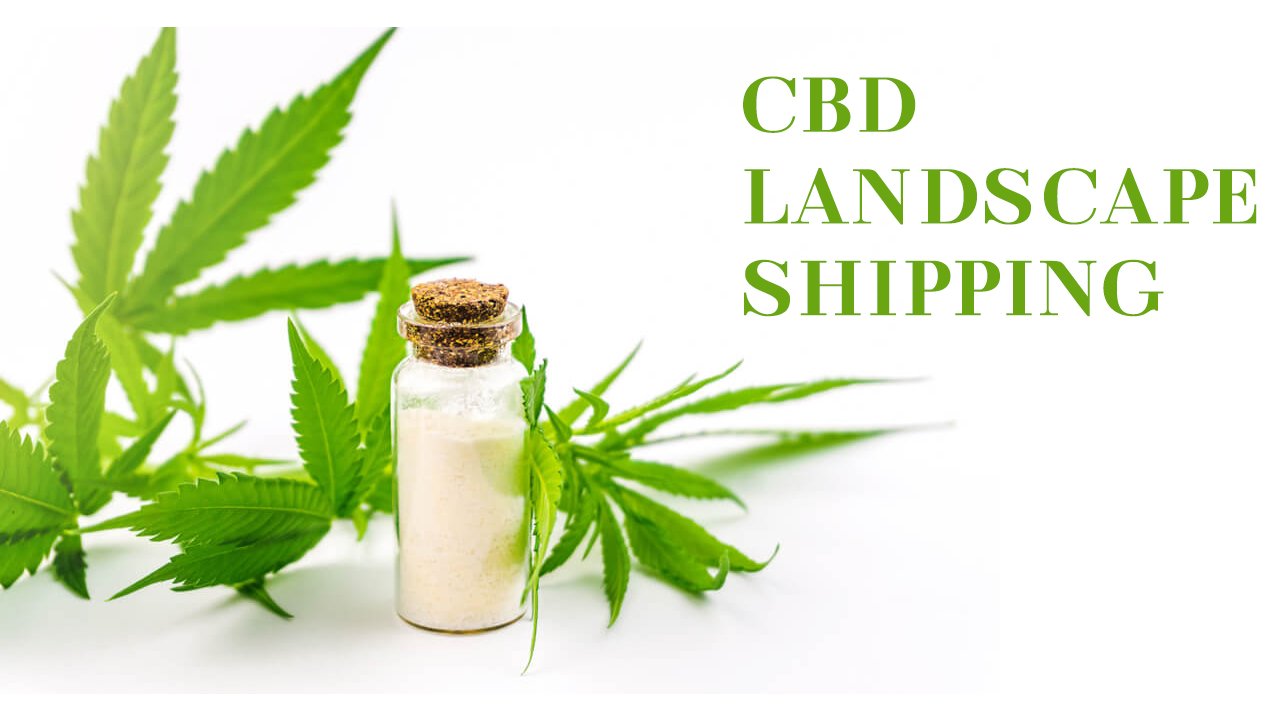The Legal Landscape of CBD: What You Need to Know
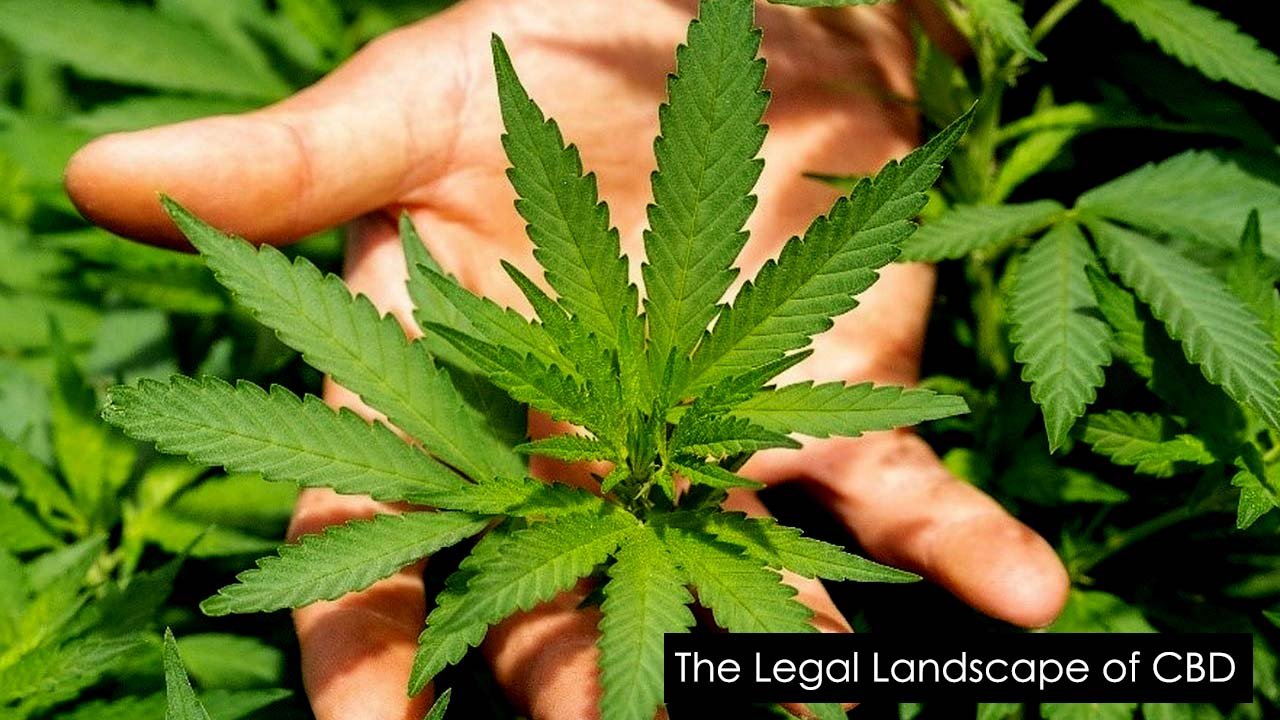
Legal Landscape of CBD short for cannabidiol, has taken the wellness industry by storm, promising a natural remedy for various health conditions without the psychoactive effects associated with its cousin, THC. As CBD products flood the market, consumers are left wondering about the legal implications of using this popular compound. In this article, we will explore the legal landscape of CBD, shedding light on its current status, regulations, and future outlook.
Explore the Contents
- 1 Understanding CBD and Legal Landscape of CBD
- 2 The Farm Bill and Legalization Legal Landscape of CBD
- 3 State Laws and Regulations
- 4 FDA Regulations and Challenges
- 5 CBD in Food and Beverages
- 6 CBD in Beauty and Wellness Products
- 7 CBD Advertising and Marketing
- 8 The Role of Third-party Testing
- 9 CBD and International Laws
- 10 CBD and Drug Testing
- 11 The Potential Risks of Using CBD
- 12 Future Outlook of CBD Regulation
- 13 Conclusion Legal Landscape of CBD
- 14 FAQs Legal Landscape of CBD
Understanding CBD and Legal Landscape of CBD
Cannabidiol, or CBD, is one of over a hundred cannabinoids found in the cannabis plant. Unlike THC, which is notorious for its mind-altering effects, CBD is non-intoxicating and is believed to offer potential therapeutic benefits. The rise of CBD’s popularity has sparked interest in its legality, leading to significant changes in legislation in recent years.
The Farm Bill and Legalization Legal Landscape of CBD
The legal status of CBD in the United States saw a major shift with the passage of the Agricultural Act of 2014, also known as the Farm Bill. This bill authorized the cultivation of industrial hemp for research purposes, paving the way for further developments. However, it wasn’t until the Farm Bill of 2018 that hemp and its derivatives, including CBD, were federally legalized as agricultural commodities. This landmark legislation opened the doors for widespread production and sale of CBD products.
State Laws and Regulations
While the Farm Bill brought about federal legalization, individual states have the authority to impose their own regulations on CBD. This has resulted in a patchwork of laws, with some states embracing CBD for both medical and recreational use, while others maintain stricter restrictions. As a result, consumers and businesses must navigate a complex web of state-specific rules when it comes to buying, selling, and using CBD.
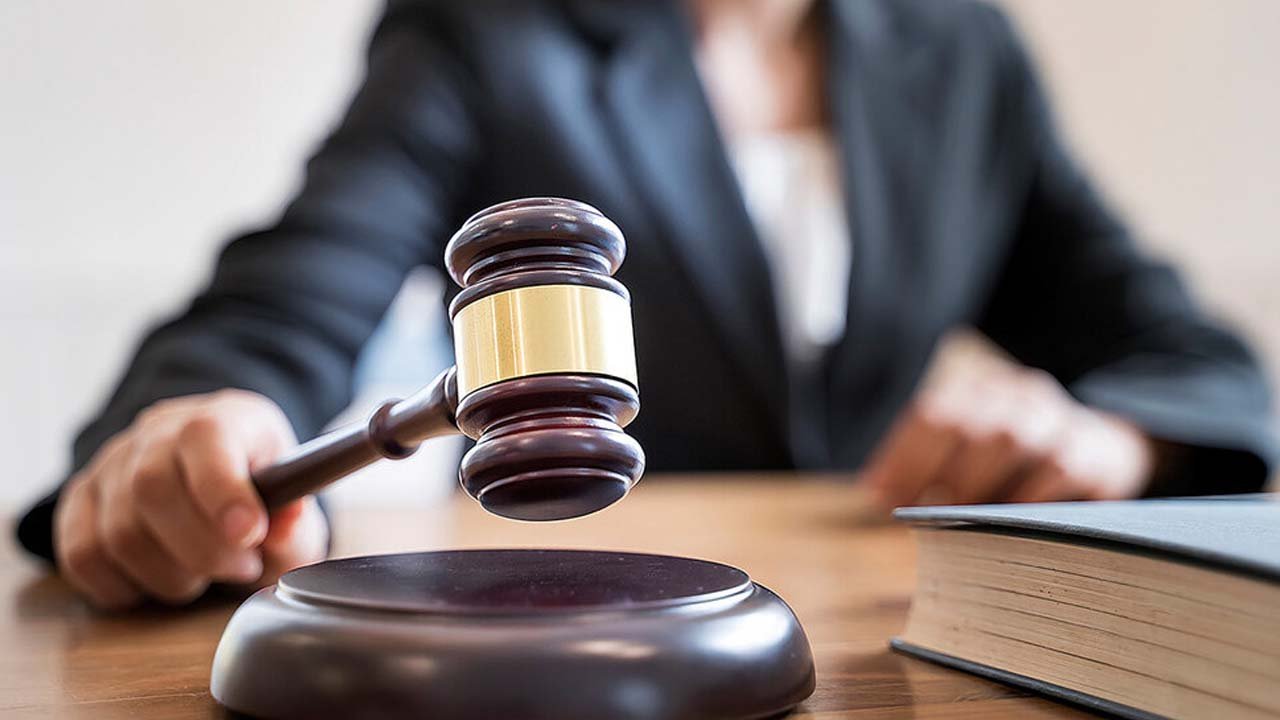
FDA Regulations and Challenges
The Food and Drug Administration (FDA) plays a critical role in overseeing food, drugs, and other consumer products, including CBD-infused ones. Despite the federal legalization of hemp-derived CBD, the FDA has been slow to establish clear guidelines for its use in dietary supplements, edibles, and beverages. As a result, businesses in the CBD industry face challenges in terms of compliance and product safety.
CBD in Food and Beverages
The incorporation of CBD into food and beverages has emerged as a major trend. From CBD-infused gummies to beverages, entrepreneurs have seized the opportunity to cater to health-conscious consumers. However, the FDA’s lack of concrete regulations has created uncertainty in the industry, leaving businesses and consumers alike in a state of limbo.
CBD in Beauty and Wellness Products
Beyond edibles, the beauty and wellness industry has also embraced CBD. From skincare products to lotions and balms, Legal Landscape of CBD has found its way into various self-care essentials. While consumers seek the potential benefits of CBD-infused products, the legal landscape remains unclear, as different states have varying views on its usage.
CBD Advertising and Marketing
Marketing CBD products comes with its own set of challenges due to the complex legal framework surrounding this compound. Companies must navigate carefully to ensure compliance with both federal and state laws, avoiding making false claims while still capturing the attention of their target audience.

The Role of Third-party Testing
To ensure product quality and consumer safety, third-party testing has become crucial in the CBD industry. Reputable manufacturers often submit their products to independent laboratories to verify potency, purity, and safety. This additional layer of scrutiny helps consumers make informed choices and encourages transparency within the market.
CBD and International Laws
The legal landscape of CBD extends beyond U.S. borders, as different countries have their own regulations on the use of this compound. Travelers must be aware of these laws to avoid legal complications while crossing international boundaries with CBD products.
CBD and Drug Testing
As CBD gains popularity, concerns about its impact on drug tests have surfaced. While pure CBD products should not trigger a positive result on standard drug tests, some products may contain trace amounts of THC, which could lead to unintended consequences for individuals in professions that require routine drug testing.
The Potential Risks of Using CBD
While CBD is generally well-tolerated, it is not without potential risks. Some individuals may experience side effects such as fatigue, dry mouth, or changes in appetite. Additionally, CBD may interact with certain medications, highlighting the importance of consulting with a healthcare professional before use.
Future Outlook of CBD Regulation
The future of CBD regulation remains uncertain. As the industry continues to grow, lawmakers and regulators will face the challenge of striking a balance between ensuring consumer safety and supporting a thriving market. Advocacy efforts and scientific research will likely play a crucial role in shaping the future of CBD legislation.

Conclusion Legal Landscape of CBD
CBD has undoubtedly captured the attention of consumers seeking a natural approach to wellness. However, navigating the legal landscape of CBD can be complex, given the interplay of federal, state, and international regulations. As CBD becomes more mainstream, it is essential for consumers and businesses to stay informed about the latest developments to ensure compliance and responsible use. The evolving legal status of CBD underscores the need for clear and comprehensive regulations that protect consumers and foster a safe and transparent industry.
FAQs Legal Landscape of CBD
Is CBD legal in all 50 states?
-
- While the 2018 Farm Bill legalized hemp-derived CBD at the federal level, individual states may have their own regulations, so it’s important to be aware of the specific laws in each state.
Can I use CBD while taking other medications?
-
- It is essential to consult with a healthcare professional before using CBD if you are taking other medications, as it may interact with certain drugs.
Are there any side effects of using CBD?
-
- While CBD is generally well-tolerated, some individuals may experience side effects such as fatigue, changes in appetite, or dry mouth.
Is CBD safe for children and pets?
-
- Before giving CBD to children or pets, it is best to consult with a pediatrician or veterinarian to ensure appropriate dosing and safety.
Does CBD show up on drug tests?
-
- Most standard drug tests focus on detecting THC rather than CBD. However, some CBD products may contain trace amounts of THC, which could potentially lead to a positive result on a drug test. Consider using THC-free CBD products if drug testing is a concern.
